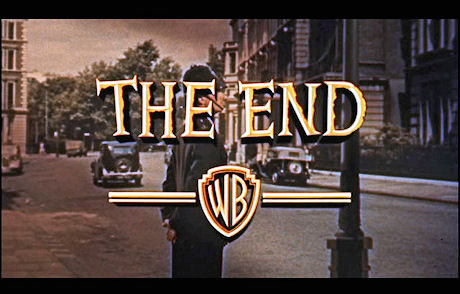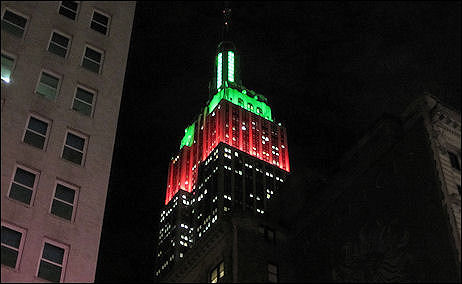NY Times DVD/Bluray columnist Dave Kehr recently lamented the winnowing process by which thousands of obscure films have been shelved and forgotten because studios “felt that more obscure films wouldn’t be profitable enough to justify striking new prints and preparing new digital transfers.
“As a result huge swaths of our film heritage have vanished. After 10 years of DVD the studios seem to have concluded that all the films that will make money in home video have already been released; that number is a very small percentage of their output. Turner Classic Movies online says that of the 162,984 films listed in its database (based on the authoritative AFI Catalog), only 5,980 (3.67 percent) are available on home video.”
If you’d asked me to spitball the percentage of films on DVD compared to the total amount made, I would have said maybe 10% to 15%. But less than 4%?
We all suspect that the majority of titles that haven’t made it to DVD are marginal junk, but it’s a near-certainty that at least 5% of the unseen are worth seeing/renting/owning. Many are listed on the left side of Hollywood Elsewhere, in the lower-left mustard-colored section. The list of DVD Unreleased has been compiled and maintained over the last year or so by Moises Chiullan.
The films include Saint Joan (Otto Preminger, 1957), Macabre (William Castle, 1958), The Fiend Who Walked the West (G. Douglas, 1958), Five Gates to Hell (Clavell, 1959), Key Witness (Phil Karlson, 1960), Summer and Smoke (Peter Glenville, 1961), The Chapman Report (George Cukor,1962), Bachelor Flat (Tashlin, 1962 –on Hulu], The L Shaped Room (Forbes, 1963), The Chalk Garden (Ronald Neame, 1964), A Thousand Clowns (Coe, 1965), You’re a Big Boy Now (Coppola, 1966), The Whisperers (Forbes, 1967), Dark of the Sun (Jack Cardiff, 1968), Skidoo (Preminger, 1968), Last Summer (Frank Perry, 1969), The Comic (Carl Reiner, 1969); The Revolutionary (Williams, 1970), The Landlord (Hal Ashby, 1970), Diary of a Mad Housewife (Frank Perry, 1970), Tropic of Cancer (Strick, 1970), I Never Sang for My Father (Cates, 1970), Pretty Maids All In A Row (Roger Vadim, 1971), Sometimes a Great Notion (Paul Newman, 1971), Marriage of a Young Stockbroker (Turman, 1971), ‘Doc’ (Perry, 1971), The Music Lovers (Russell, 1971), Savage Messiah (Russell, ’72 or ’73), Drive, He Said (Jack Nicholson, 1971), The Steagle (Sylbert, 1971), The Last Movie (Hopper, 1971), Made For Each Other (Bean, 1971), The Day the Clown Cried (Jerry Lewis, 1972), Hickey & Boggs (Culp, 1972), The Carey Treatment (Edwards, 1972), Play It As It Lays (Perry, 1972), Pete ‘n’ Tillie (Ritt, 1972), Slither (Zieff, 1973), Love and Pain and the Whole Damn Thing (Pakula, 1973), Man on a Swing (Perry, 1974) and so on.




